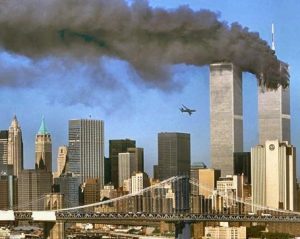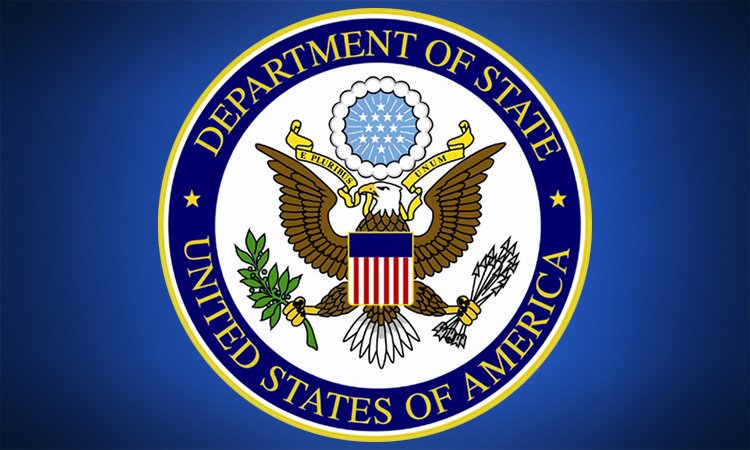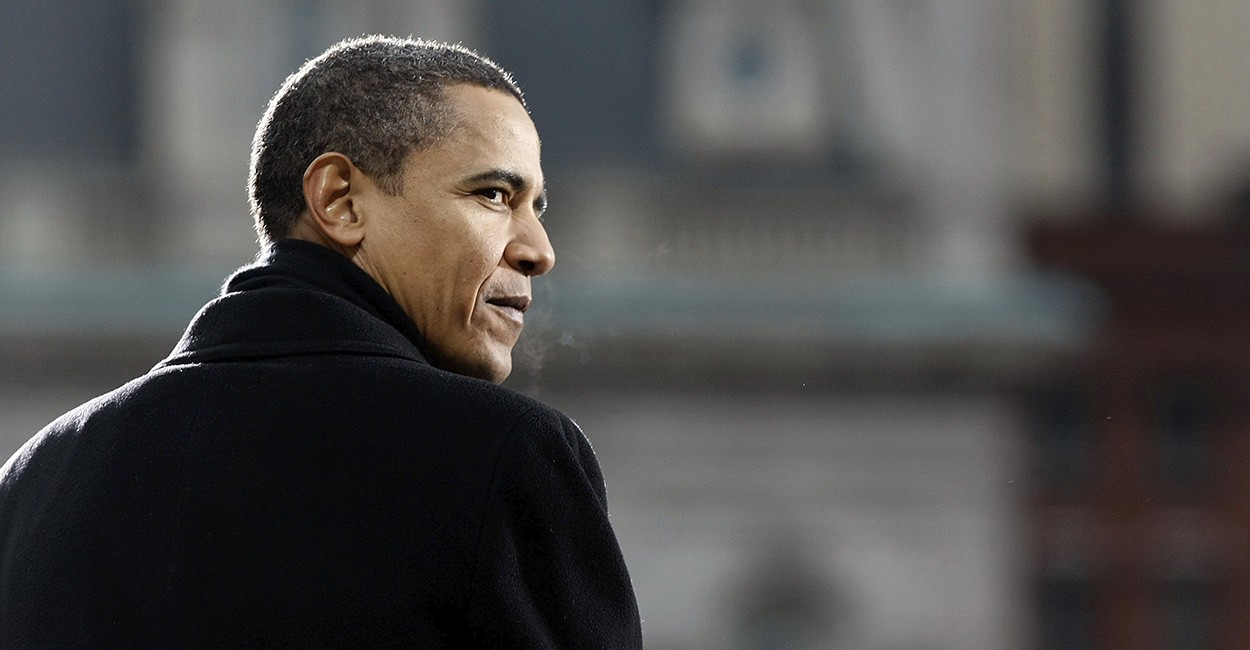By: Taryn Winston
September 11, 2001. It’s a day that Americans will never forget. A day of chaos, distress, and fear. A day that united and wounded a vulnerable nation. Now, eleven years later, Americans continue to reflect upon that fateful Tuesday morning. The horrifying images of the World Trade Center burning to the ground continue to haunt our thoughts; the heroic passengers of United Airlines Flight 93, who regained controlled of the hijacked plane and prevented an attack on the United States Capitol, continue to draw well-deserved praise; and people across the country continue to recover from the worst foreign attack in United States history.
Without question, September 11 marked a tragic day in our nation. Unfortunately, that day was only the beginning of what would become a long and tumultuous struggle. In the following days, then-President George W. Bush connected the attacks to Osama bin Laden and al-Qaeda, a terrorist network based out of Afghanistan, and outlined his plan for the war against Afghanistan.
In 2003, the “War on Terror” spread to Iraq after the nation was suspected of possessing nuclear weapons, a major threat to international security. Still in recovery mode, most Americans rallied around the president’s decision to declare war against Iraq. At the time, it appeared to be an obvious one to make.
However, eleven years and several thousand casualties later, public opinion has drastically changed. Now, Americans are more than just awaiting the future of the war; they are awaiting the end of it. In a recent CBS News poll, more than two-thirds of Americans said that the United States should not be at war anymore. In a Gallup/USA Today poll, roughly one-half of Americans said that the United States should speed up the withdrawal of troops. Though most people appear to be in agreement, uncertainty still looms over the future of the War on Terror.
Fortunately, not all parts of the war remain unsettled. Ironically, the United States learned in 2004 that the allegations against Iraq were false. No weapons of mass destruction were ever found. Even the accusations that Saddam Hussein supported al-Qaeda, the driving force behind September 11, could not be confirmed. With this development, it was natural to assume that end of the Iraq War was near. However, this was not the case due to the civil unrest and chaos that erupted in Iraq as a result of the war.
Before he was even elected into office, then-Senator Barack Obama made his intentions clear regarding the future of the Iraq War. While the Bush administration had shifted its entire focus to Iraq, Senator Obama recognized that the Iraq War distracted us from capturing Osama bin Laden and al-Qaeda (the reason we went to war in the first place, after all). In December 2011, President Obama made good on his promises and officially declared the end of the Iraq War.
Yet even with the conclusion of the Iraq War, the end of the War in Afghanistan remains questionable. After President Obama dwindled down forces in Iraq, he refocused our nation’s by increasing the number of troops in Afghanistan. While he’s certainly had success, the greatest of which being the assassination of Osama Bin Laden on May 1, 2011, the war in Afghanistan is still ongoing and public support for the war continues to weaken.
Reflecting on the collective War on Terror now, the downsides are painfully evident. For the United States, the financial cost of both wars has been astronomical. The wars have also damaged the relationships between Israel and Saudi Arabia, two extremely influential nations in the region. Yet perhaps the biggest consequence for the United States has been the negative reputation our actions have earned, especially from Middle Eastern countries. For a nation founded on principles like justice and democracy, the number of human rights abuses reported does not exactly reaffirm these principles. For a country that prides itself on being one of the “good guys,” the United States hasn’t exactly made any new friends as a result of the war.
Iraq and Afghanistan have faired even worse. Political and social instability continue to threaten the growth of both nations. Post-war Iraq is on the brink of a civil war after a breakout of violent surges and terror campaigns. This is pretty disheartening, considering the significant time and resources we dedicated to the nation. The future of Afghanistan is looking bleak as well; the gradual withdrawal of troops is already sparking off mass chaos. The wars started to combat terrorism and defend our security have escalated into so much more.
But of course, the future is dependent on the future leadership of this country. Aiming for another four years in office, President Obama has stated that he intends to “responsibly end the war in Afghanistan” by gradually removing troops (a process he has already begun) and officially ending the war by 2014. On the contrary, Republican presidential candidate Mitt Romney has been relatively quiet about his potential plans for the war. At this year’s Republican National Convention, he became the first Republican since 1952 to his accept his nomination without mentioning war—quite unusual considering the great importance of the issue. However, the former governor has said that he supports President Obama’s timeline to withdraw all troops by 2014 (though he does not agree with the specifics of the withdrawal).
Considering that national security is still an ongoing issue, the feasibility of the timeline remains to be seen. Yet regardless of who holds our nation’s future, determining the future of the war is a top priority. And with all other distractions aside, the path to officially end the War on Terror is clear and straight ahead.

